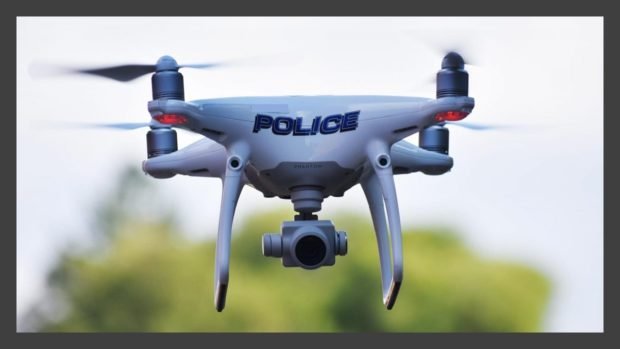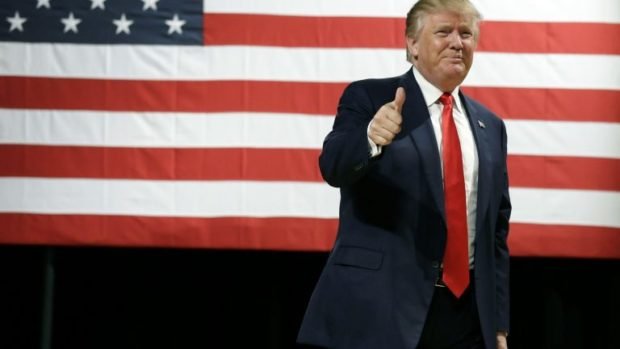Drone Spying Bill Passed by Florida Senate

The Florida Senate passed (SB-44) on a 39 to 0 vote, a bill granting exceptions “for drone use by law enforcement agencies, fire departments, state agencies, and political subdivisions.” This bill allows these agencies to use drones for the following:
- “Gain an aerial perspective of a crowd of 50 or more persons;”
- “Assist with traffic management, except that the agency may not issue a traffic infraction based on images or video captured by a drone; and”
- “Facilitate evidence collection at a crime scene or traffic crash scene.”
Neither the Bill Text nor the Bill Analysis Report specify how it will be determined whether a crowd in fact contains 50 or more persons and not less than 50. This point is critical as a crowd that appears to contain 50 or more persons could in fact contain less than 50. The act of determining the number of persons in a crowd may violate the exemption in the law if in fact the crowd contains less than 50 persons.
Notwithstanding, certain guidelines are required by the agency undertaking the use of drones for the purpose of gaining “an aerial perspective of a crowd of 50 or more people.” These guidelines “must address the storage, retention, and release of images or video captured by the drone.” Additionally, “the guidelines must also address the personal safety and constitutional protections of the persons being observed.” The top agency official authorizing the use of drones for this purpose must provide “written authorization for such use and must maintain a copy on file at the agency.”
The Bill Analysis Report notes that drones are also referenced as “Unmanned Aerial Vehicles (UAV) and Unmanned Aerial System (UAS)” and are defined in Florida Statute 934.50 as an aerial vehicle that:
- “Does not carry a human operator;”
- “Uses aerodynamic forces to provide vehicle lift;”
- “Can fly autonomously or be piloted remotely;”
- “Can be expendable or recoverable; and”
- “Can carry a lethal or nonlethal payload.”
The Bill Analysis Report notes a concern regarding the violation of the Fourth Amendment to the Constitution regarding “unreasonable searches and seizures,” noting, “This is relevant because remote surveillance could constitute a search, which, if not supported by a search warrant or other authorization, would violate the Fourth Amendment.”





An issue arises when private gatherings on private property are in question. It is easy to figure whether there are 50 or more persons gathered on the street. However, the Bill does not make any mention as to how it would determine a private gathering on private property contains 50 or more persons without surveilling.
“state agencies, and political subdivisions” ??? What the heck is that?
Who authorizes the lobbyist or PAC or minor official to surveil the neighborhoods and check out whose tanning in their own backyard?
How do you put a drone in position without video while looking for that crowd of 50 people?
I fully understand the need for police and fire emergency use but not the local property assessor flying a drone through people’s back yard to see if anyone is violating zoning laws.
You’re absolutely correct, Jim. I have the same concerns. As far as “state agencies, and political subdivisions;” I searched the Florida Statutes and found the following in Title III, Chapter 11, Subsection 11.45 Definitions; duties; authorities; reports; rules, under items 1k and 1l. It seems one is for local government and the other for state government. The link is below.
(k) “Political subdivision” means a separate agency or unit of local government created or established by law and includes, but is not limited to, the following and the officers thereof: authority, board, branch, bureau, city, commission, consolidated government, county, department, district, institution, metropolitan government, municipality, office, officer, public corporation, town, or village.
(l) “State agency” means a separate agency or unit of state government created or established by law and includes, but is not limited to, the following and the officers thereof: authority, board, branch, bureau, commission, department, division, institution, office, officer, or public corporation, as the case may be, except any such agency or unit within the legislative branch of state government other than the Florida Public Service Commission.
https://www.leg.state.fl.us/STATUTES/index.cfm?App_mode=Display_Statute&URL=0000-0099/0011/Sections/0011.45.html